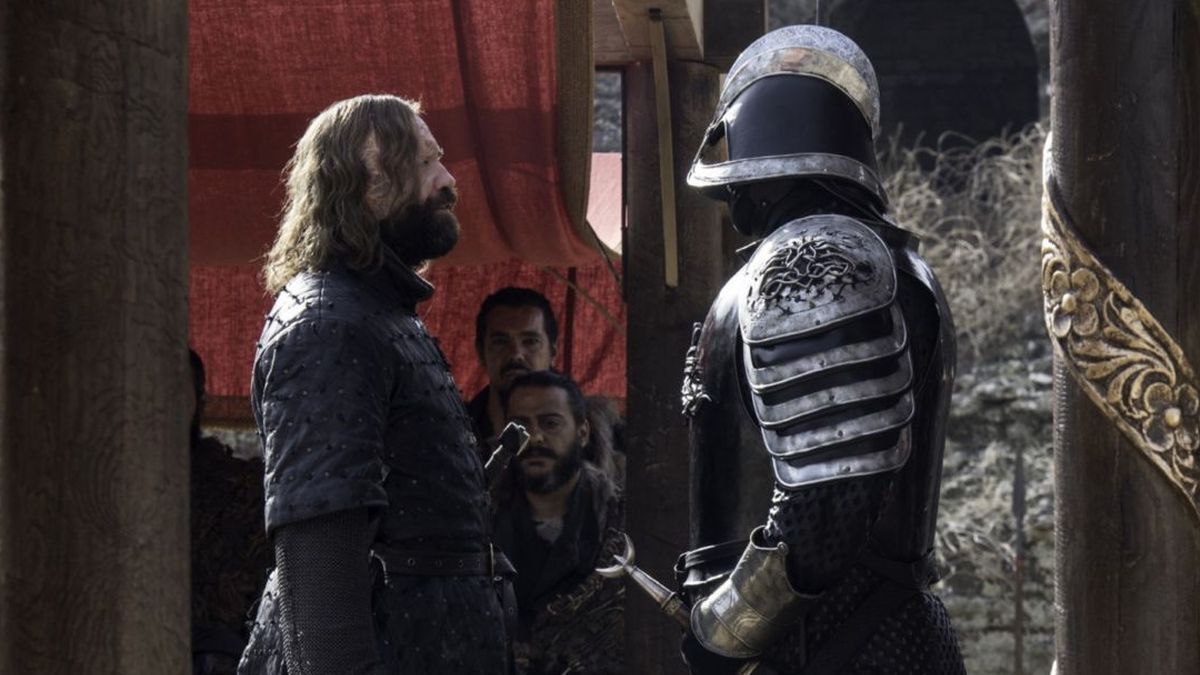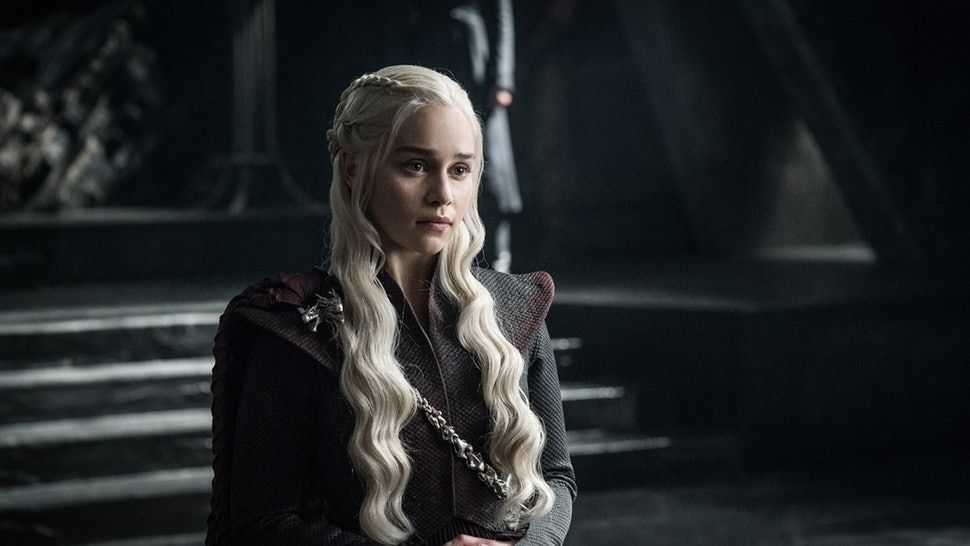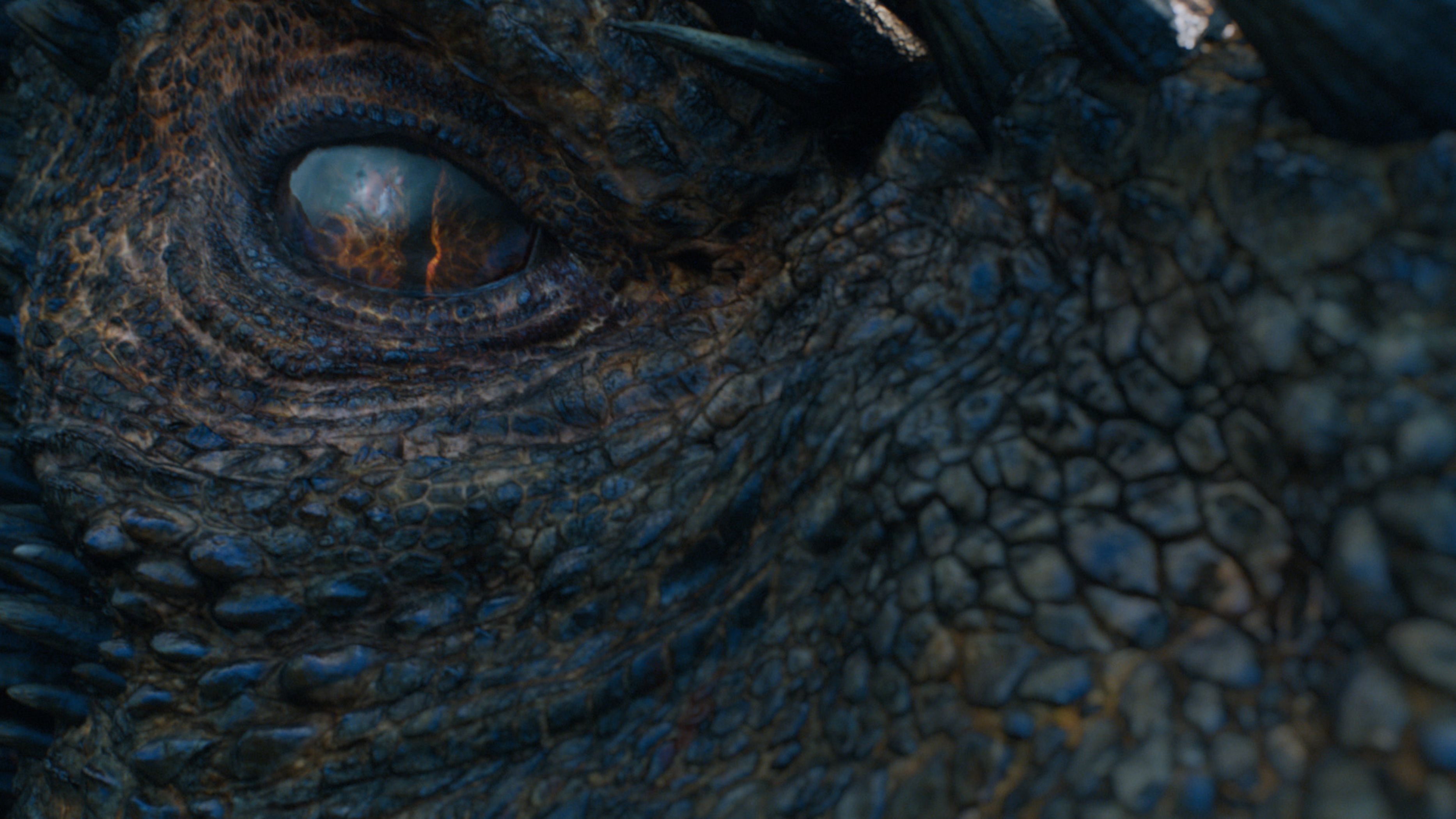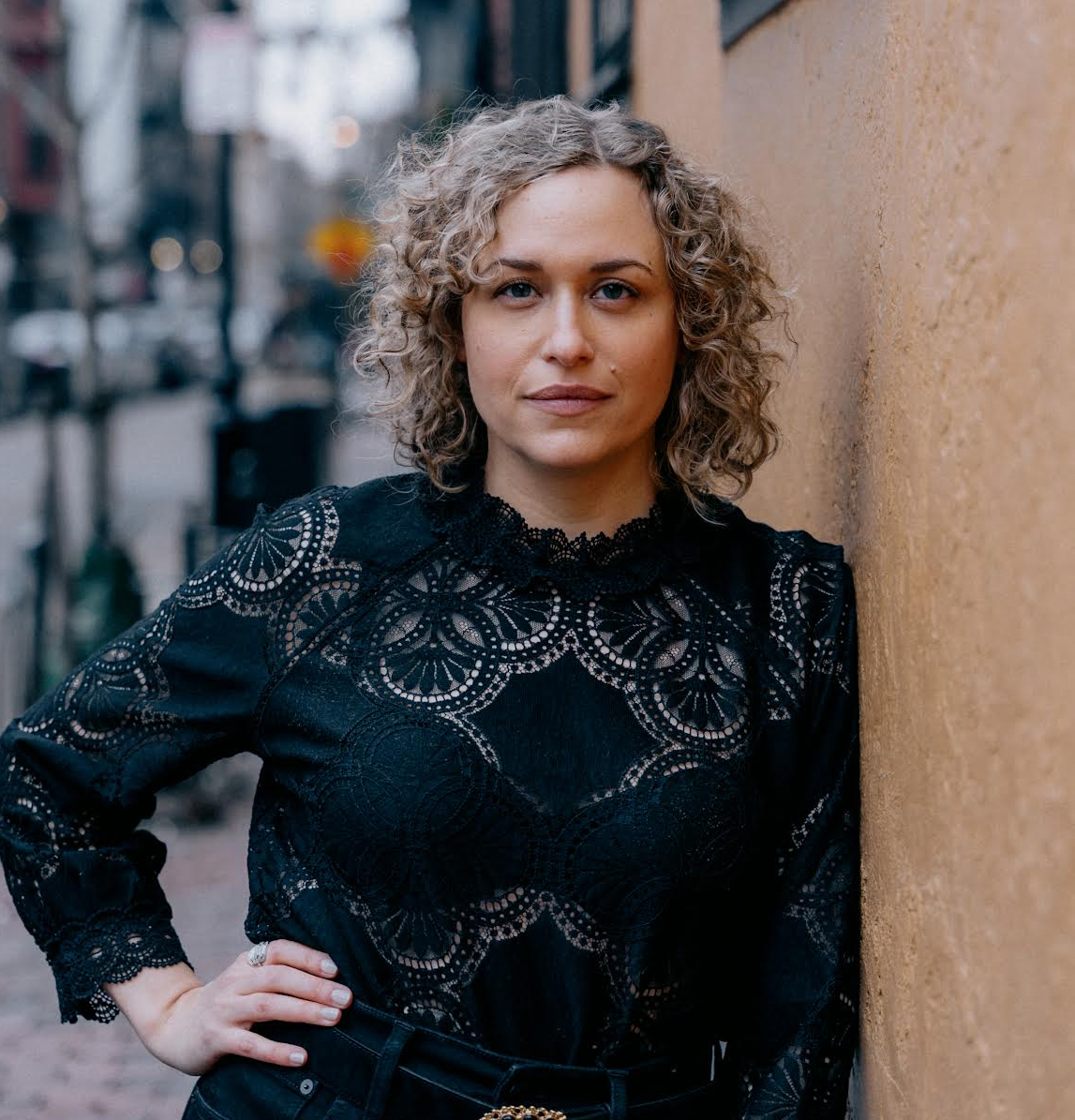Why Did The Hound Have to Die on 'Game of Thrones'?
Viewers got what many fans have been dying to see: The head-to-head fight between the Clegane brothers, also known as Cleganebowl, on Game of Thrones. And it was a knock-down, drag-out fight that saw BOTH brothers perish as the Red Keep collapsed around them. So why was this so important? Why did both brothers die?


Spoilers for Game of Thrones season 8, episode 5.
In one of the more vomit-inducing scenes on Game of Thrones to date, viewers got what many fans have been dying to see: The head-to-head fight between the Clegane brothers, also known as Cleganebowl. The Mountain, a.k.a. Gregor Clegane, a.k.a. now a literally rotting zombie, faced off against his little brother, The Hound, a.k.a. Sandor Clegane, a.k.a. the guy with the burned off face. And it was a knock-down, drag-out fight that saw BOTH brothers perish as the Red Keep collapsed around them. So why was this so important? Why did both brothers die? Why was it the grossest ever? (That last one might just be me.)
First, some context. The Mountain, before he was a giant undead murderer, basically shoved The Hound's face into a fire and burned him terribly over basically nothing (The Hound was playing with one of The Mountain's toys when they were both boys). Ever since, The Hound has hated his brother juuuust a little more than he hates/is petrified by fire. This has been a recurring theme throughout the show, both with The Hound channeling some major PTSD every time he has to get near a blaze and his repeated insistence that he would get vengeance on his brother.
A post shared by Hafþór Júlíus Björnsson (@thorbjornsson)
A photo posted by on
And in the episode, in case you hadn't seen it, really went for it: The two fought like it was the fight of their lives (it totally was). The Mountain took off his helmet and showed off some seriously festering flesh—we'd seen him in season 7 looking a bit more lifelike, but he's been rotting away since then. Now he's all white skin and black eyes (trying not to puke). The Hound stuck a sword in The Mountain; The Mountain shrugged and pulled it out. The Mountain attempted to to the same I'm-going-to-crush-your-eyes-and-then-also-your-face move he'd pulled on Oberyn Martell, then The Hound stuck a knife in his brain. The Mountain looked like he was debating it quietly for a second, then reached up to pull it out. And The Hound ran towards him and pushed them both off the tower to their fiery deaths.
In the "Behind the Episode," creators D.B. Weiss and David Benioff explained that they knew The Hound would die by fire—symbolically very ironic, since he hates it so much—and also reiterated that The Hound's hatred of his fire was ever so slightly outweighed by his hatred for his brother. So, in other words, The Hound realized that he would have to burn to death in order to kill his brother. So, he chose the slightly lesser of two evils. I would also argue that, since the brothers also fell from quite a height, that they might have only burned for a short while before hitting the bottom of the Red Keep.
During the episode, The Hound also realized his quest for vengeance would be a one-way trip, as he explained to Arya. He knew on some level this would be the end of him as well. At least based on what I've read, fans were initially hoping that one brother would prevail over the other. But in this case, I think the ending's slightly more poetic this way. Nothing was going to kill the seemingly unkillable Mountain except total destruction. And The Hound was willing to do what it took.
For more stories like this, including celebrity news, beauty and fashion advice, savvy political commentary, and fascinating features, sign up for the Marie Claire newsletter.
Get exclusive access to fashion and beauty trends, hot-off-the-press celebrity news, and more.
RELATED STORIES



Katherine’s a contributing syndications editor at Marie Claire who covers fashion, culture, and lifestyle. In her role, she writes stories that are syndicated by MSN and other outlets. She’s been a full-time freelancer for over a decade and has had roles with Cosmopolitan (where she covered lifestyle, culture, and fashion SEO content) and Bustle (where she was their movies and culture writer). She has bylines in New York Times, Parents, InStyle, Refinery29, and elsewhere. Her work has also been syndicated by ELLE, Harper’s Bazaar, Seventeen, Good Housekeeping, and Women’s Health, among others. In addition to her stories reaching millions of readers, content she's written and edited has qualified for a Bell Ringer Award and received a Communicator Award.
Katherine has a BA in English and art history from the University of Notre Dame and an MA in art business from the Sotheby's Institute of Art (with a focus on marketing/communications). She covers a wide breadth of topics: she's written about how to find the very best petite jeans, how sustainable travel has found its footing on Instagram, and what it's like to be a professional advice-giver in the modern world. Her personal essays have run the gamut from learning to dress as a queer woman to navigating food allergies as a mom. She also has deep knowledge of SEO/EATT, affiliate revenue, commerce, and social media; she regularly edits the work of other writers. She speaks at writing-related events and podcasts about freelancing and journalism, mentors students and other new writers, and consults on coursework. Currently, Katherine lives in Boston with her husband and two kids, and you can follow her on Instagram. If you're wondering about her last name, it’s “I go to dinner,” not “Her huge ego,” but she responds to both.